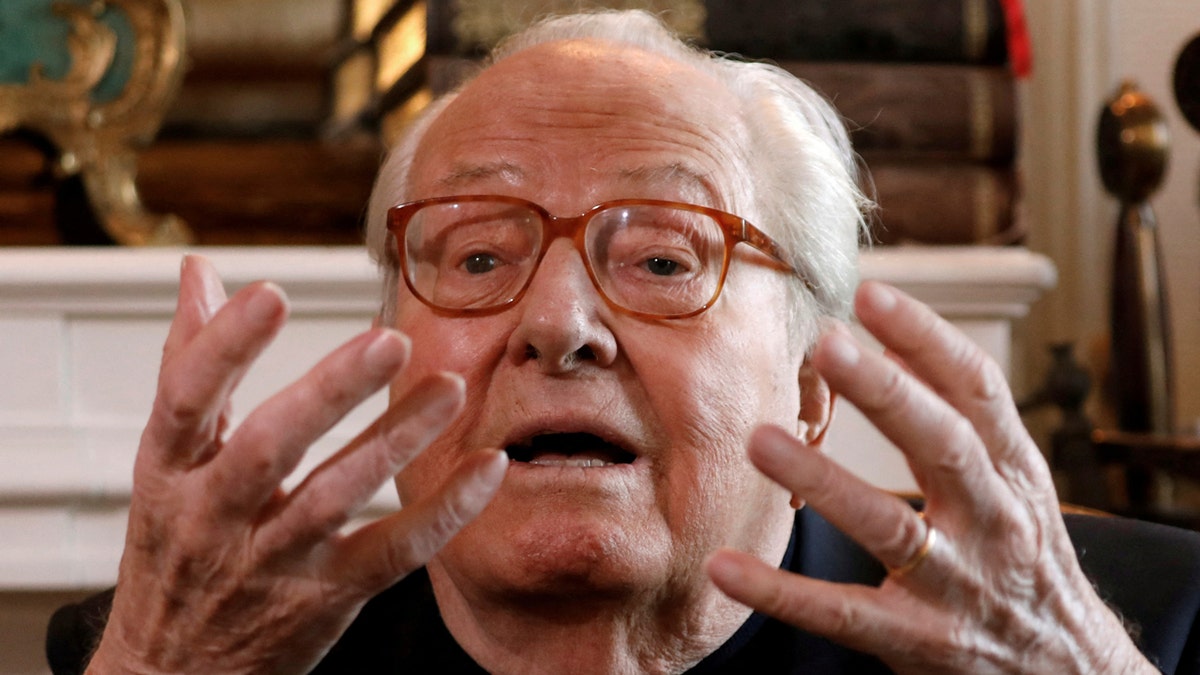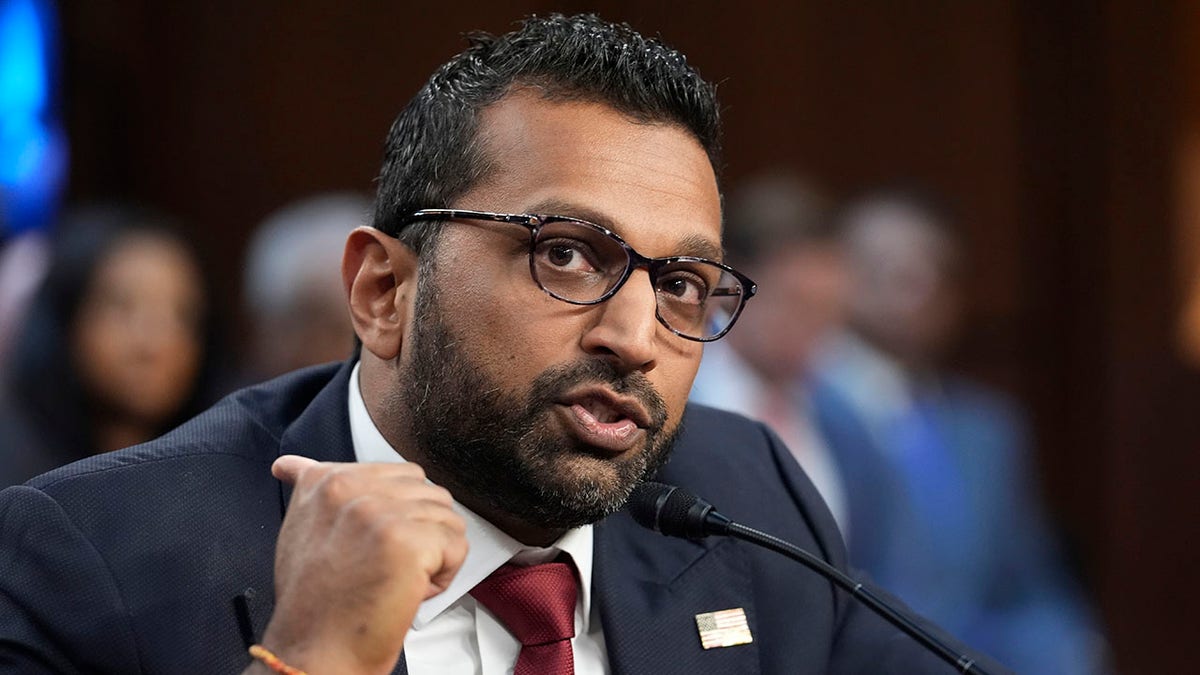Jean-Marie Le Pen, the controversial figurehead of France's far-right National Front, has passed away at the age of 96. His legacy is marked by a career built on nationalist rhetoric often perceived as racist and xenophobic, which resonated with working-class anxieties surrounding immigration and globalization.
Le Pen's daughter, Marine Le Pen's political party, National Rally, confirmed his passing. His life was one of constant battles, from his time as a paratrooper in the French Foreign Legion during the colonial wars to his five presidential campaigns and highly publicized family disputes.
Accusations of racism and antisemitism consistently shadowed Le Pen and the National Front, which he co-founded in 1972. He faced legal repercussions for downplaying the horrors of the Holocaust, describing Nazi gas chambers as a mere "detail" of World War II and the Nazi occupation of France as "not especially inhumane." These remarks sparked widespread condemnation in France, a nation that witnessed the deportation of thousands of Jews to Auschwitz.

Le Pen remained unrepentant about his controversial statements. French President Emmanuel Macron acknowledged Le Pen's impact, describing him as "a historic figure of the far right" whose role in French public life spanning nearly seven decades is now a matter for historical assessment.
A skilled orator, Le Pen reshaped the landscape of French politics over four decades. His exploitation of public discontent over immigration and job security foreshadowed, in some ways, the rise of Donald Trump. While he reached the presidential runoff in 2002, he ultimately lost to Jacques Chirac, as voters opted for a mainstream conservative over a far-right candidate.
A staunch critic of the European Union, which he viewed as undermining national sovereignty, Le Pen channeled sentiments similar to those that fueled the Brexit movement in the United Kingdom. Marine Le Pen learned of her father's death en route from Mayotte, a French overseas territory impacted by a cyclone.
Early Life and Military Service
Born in Brittany in 1928, Le Pen pursued law studies in Paris. Known for his combative nature, he joined the Foreign Legion, serving as a paratrooper in Indochina. Later, as a member of the French parliament, he advocated for French Algeria and defended the use of torture, though denying personal involvement.
A turning point in Le Pen's political trajectory came in 1977 when he inherited a substantial estate and a considerable sum of money, enabling him to pursue his political ambitions outside established parties.
Family Conflicts and Political Evolution
Le Pen's personal life was marked by highly publicized conflicts, including his wife's elopement with his biographer. Despite these personal upheavals, he continued to capitalize on working-class grievances, leading to the National Front's rise in local, regional, and European elections. His hardline stance on immigration influenced mainstream political discourse, with figures like Nicolas Sarkozy adopting similar rhetoric.
In 2011, Marine Le Pen succeeded her father as party leader, aiming to rebrand the National Front and distance it from its antisemitic image. While she has contested two presidential elections unsuccessfully, she remains a prominent figure in French politics. The rebranding led to a rift with her father, culminating in his expulsion from the party.








